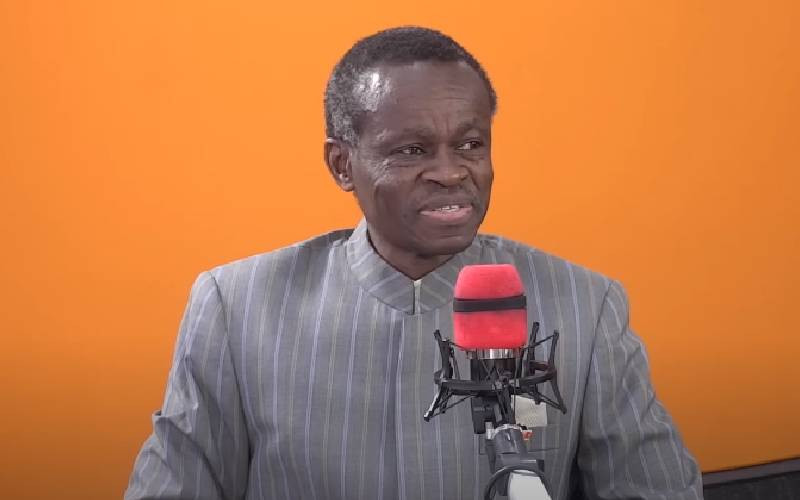×
The Standard e-Paper
Join Thousands Daily

Kenya's law scholar PLO Lumumba is challenging the notion that democracy, as it is in Western countries, can be reapplied entirely to the African setting.
Instead, Prof Lumumba argues that may, in fact, fail the very people it seeks to serve.